Wood Species of Engineered Wood Flooring
Discover the Natural Beauty Now
Discover the exquisite beauty of our collection, featuring the timeless elegance of Oak and Walnut, the rich warmth of Teak, and the exotic allure of Doussie and Iroko.
Engineered Oak Flooring
We offer several types of oak flooring:
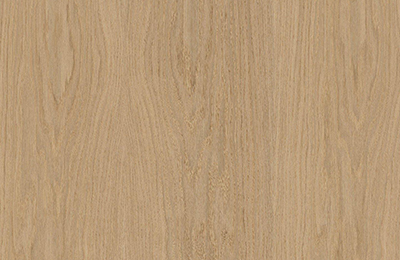
White Oak
Known for its tight grain and varying shades of brown, white oak is highly resistant to wear, with a Janka Hardness of 1,360 lbf (6,000 N), and has a subtle, classic appearance that suits any decor.
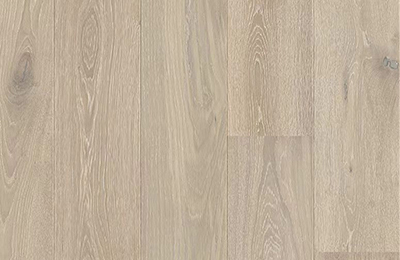
European Oak
Valued for its wide grain patterns and warm colors, European oak, with a Janka Hardness of 1,120 lbf (4,980 N), adds a touch of elegance and spaciousness to any room.
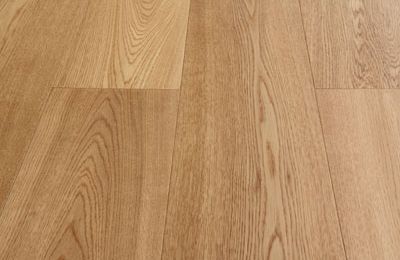
Russian Oak
Similar to European oak but with subtle differences in grain and color, Russian oak, with a Janka Hardness of 1,120 lbf (4,980 N), is prized for its strength and resilience.
Feature | White Oak | European Oak | Russian Oak |
Origin | North America | Europe | Light to medium browns,fine grain |
Color and Grain Patterns | Light brown hues, distinctive grain | Warm,diverse hues, varying grains | High quality, unique patterns |
Durability and Hardness | Very durable,Janka | Durable,slightly less hard than White Oak | Comparable to European Oak,slightly varied based on growth conditions |
Moisture Resistance | High,good for humid or damp conditions | Moderate to high, depending on treatment | Moderate to high, similar to European Oak |
Environmental Impact | Depends on sustainability practices of the harvest | Can be high,with FSC certification indicating sustainable practices | Similar to European Oak,sustainability depends on sourcing |
American Walnut Engineered Flooring
Famous for its rich, dark color tones ranging from deep brown to purplish-black, American walnut, with a Janka Hardness of 1,010 lbf (4,490 N), offers a luxurious and sophisticated look despite being less hard than oak, with its smooth grain and natural luster.
Teak Engineered Flooring
Here, explore the varieties of our teak wood species used in engineered flooring, including Burma Teak, Chinese Teak, and African Teak.
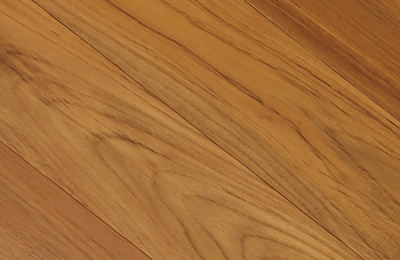
Burma Teak
Sourced from Myanmar, Burma Teak, with a Janka Hardness of 1,070 lbf (4,760 N), is considered the gold standard due to its fine grain, golden-brown color, and high oil content, providing timeless elegance.
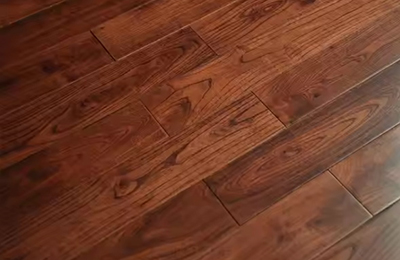
Chinese Teak
While slightly different in grain and color, Chinese Teak, with a Janka Hardness of 1,630 lbf (7,250 N), offers similar durability and water resistance, with a lighter color palette from yellow to medium brown.
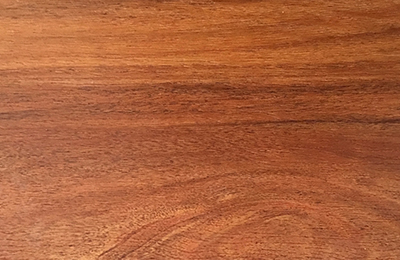
African Teak
African Teak, known scientifically as Milicia excelsa or 'Iroko,' has a Janka Hardness of 1,260 lbf (5,600 N). Color-wise, it ranges from pale yellow to golden-brown, darkening over time to develop a deep, warm patina.
Feature | Burma Teak | Chinese Teak | African Teak |
Layers | 2 | 3 | 6~12 |
wood Source & Characteristics | High quality, tight grain | Variable quality, wide range in appearance | High quality, unique patterns |
Durability | High | Medium to High | High |
Appearance | Rich, deep colors | Wide range, flexible in design | Unique, exotic look |
Cost | High | Unique, exotic look affordable | Medium to high |
Doussie Engineered Flooring
Doussie, often referred to as Afzelia, with a Janka Hardness of 1,810 lbf (8,060 N), is a highly valued wood species known for its remarkable durability and stunning appearance. Originating from Africa and parts of Southeast Asia, Doussie boasts a rich, warm color palette that ranges from light golden browns to reddish or copper hues. Over time, its color deepens, adding to the floor's character and elegance.
Canadian Maple Engineered Flooring
The natural light color and fine-grain patterns evoke a sense of elegance and sophistication, enhanced by Canadian Maple's Janka Hardness of 1,450 lbf (6,450 N). Engineered with multiple layers, it offers exceptional durability and stability, resisting warping and shrinking even in varying humidity levels. With easy maintenance and the timeless appeal of maple, this flooring option seamlessly combines aesthetics with functionality, offering a lasting investment in style and quality for any home or commercial setting.
Birch Engineered Flooring
Birch flooring is divided into yellow birch and paper birch. Yellow Birch: Janka Hardness 1,260 lbf (5,600 N) and Paper Birch: 910 lbf (4,050 N). With creamy tones and nuanced grain patterns, creates a calming atmosphere. Engineered for stability, it resists warping, scratches, and dents, making it ideal for high-traffic areas.
Beech Engineered Flooring
Exuding enduring grace and strength, Beech flooring, with a Janka Hardness of 1,300 lbf (5,780 N), offers timeless appeal. Its rich, honey-colored tones and subtle grain patterns infuse warmth, while engineered layers ensure remarkable stability, making it ideal for residential and commercial settings.
Acacia Engineered Flooring
The vibrant golden tones and unique grain patterns of Acacia, with a Janka Hardness of 1,750 lbf (7,780 N), create a cozy ambiance while its durability and resistance to scuffs and scratches make it ideal for high-traffic areas. Engineered for stability, it’s perfect for residential and commercial spaces.
